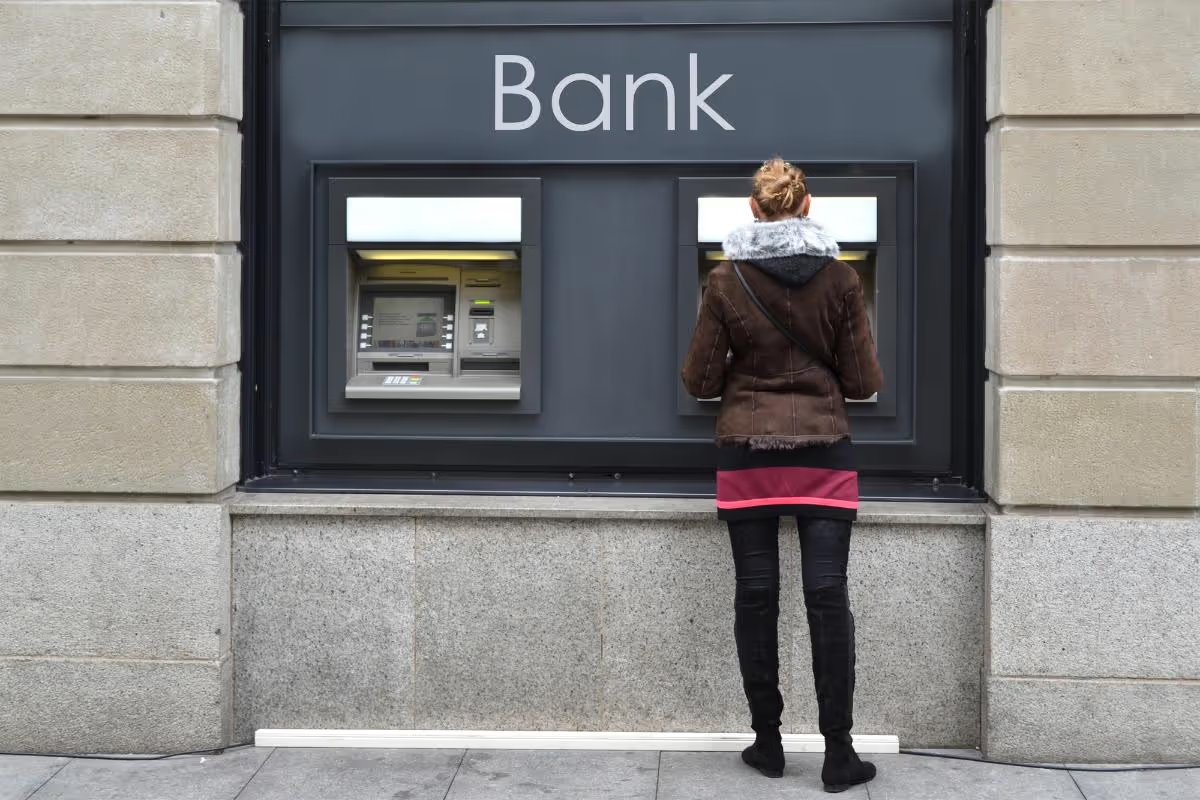Can HMRC check bank accounts?


Are you at the centre of an HMRC investigation? Or worried that you may be on HMRC’s radar in the near future? If so, you may wonder how much of your personal information they have access to.
In this article, we’ll discuss whether HMRC can check your bank account, how they access it, if they need to alert you when they check your bank account, and whether they can take money from your bank account without your permission.
Can HMRC check my bank account?
Yes, HMRC can check your bank account.
If HMRC has a reasonable belief that you may be engaging in tax avoidance/evasion activities, they have the authority to investigate your bank account.
The Taxes Management Act (1970) and the Finance Act (2011) give HMRC the legal power to access this personal information to aid their tax fraud investigations. They can only do so if the information is “fairly required”, meaning it is actually important for them to carry out their investigation further.
HMRC can check your other financial accounts and information, beyond your bank account. They can check building society accounts, information stored with credit agencies, cryptocurrency platforms, dividends from UK companies, royalties, and much more.

How do HMRC access my bank account information?
From June 2021, HMRC has been able to issue “Financial Institution Notices” (FIN). When they issue these to banks and other financial institutions, they must provide HMRC with information about your accounts without your consent.
Even if HMRC doesn’t formally request an FIN, they can still get access to some of your bank account information. For example, information is shared between Government agencies and financial institutions under the National Fraud Initiative, so your information may be shared automatically with HMRC through this.
Do banks report accounts to HMRC?
Yes, banks report some information to HMRC automatically. This includes foreign banks where you may have accounts.
UK financial institutions regularly report information for compliance purposes, like interest you’ve received on your savings.
They are also legally required to report suspicious activity that could be linked to money laundering and other serious crimes.
The “Common Reporting Standard” requires financial institutions in the countries involved to report account information about non-resident account holders to the tax authorities from their native country.
Will HMRC tell me if they are investigating my bank account?
Unless a tax tribunal rules otherwise, HMRC has to tell you they are requesting information from your bank. HMRC tells you when they are investigating you.
You’ll be informed of their actions, but you won’t be able to stop them from accessing the information.

Why do HMRC check bank accounts?
There are many reasons why HMRC might check your bank account, including:
Investigating tax fraud
If they have reasonable suspicion that you are engaging in tax fraud, they can try to confirm their suspicions with information in your bank account.
Debt collection
Using the Direct Recovery of Debts (DRD) scheme, HMRC can access your bank account and directly take money out of it to repay your debts (see more on this later in this article).
Serious crime investigation
HMRC can assist other Government agencies to investigate serious crime beyond tax fraud. They can access your bank account to assist with investigation into money laundering and terrorist financing.
Verifying voluntary disclosures
When a taxpayer makes a voluntary disclosure about income/assets they have not declared, HMRC may wish to verify this firsthand to see if you have given the full truth.
Can HMRC take money from my bank account without my permission?
HMRC has the power to take money directly from your bank account to recover debts you owe. This power is granted under the Direct Recovery of Debts (DRD) scheme, which was introduced in 2015. They do not need court approval to do this.
HMRC can only exercise this power if:
- They have contacted you multiple times and you haven’t responded/repaid.
- You owe more than £1,000 in unpaid tax / tax credits.
- They leave at least £5,000 remaining across your accounts.
Once they have taken money from your account, you have 30 days to raise an objection or request a payment plan so you can pay the debt back more slowly.

Stressed about an HMRC tax investigation?
Here at Holborn Adams, our tax fraud solicitors confidently assist clients who are at the centre of, or who may potentially become embroiled in an HMRC tax investigation.
Many in this situation would firstly speak to an accountant – we highly advise you seek legal counsel instead. The reason for this is that solicitors are legally bound to keep everything you tell them confidential, whereas accountants are not. In fact, accountants are legally bound to report suspected tax fraud.
When you instruct a solicitor, they can instruct accountants on your behalf, and they are then bound to a confidentiality agreement. This gives you the breathing space to get professional legal and tax advice, and prepare a lawful plan of action to assist HMRC with their enquiry whilst getting the best possible outcome for you.
Please get in touch with Holborn Adams today – the earlier we work together, the better.




